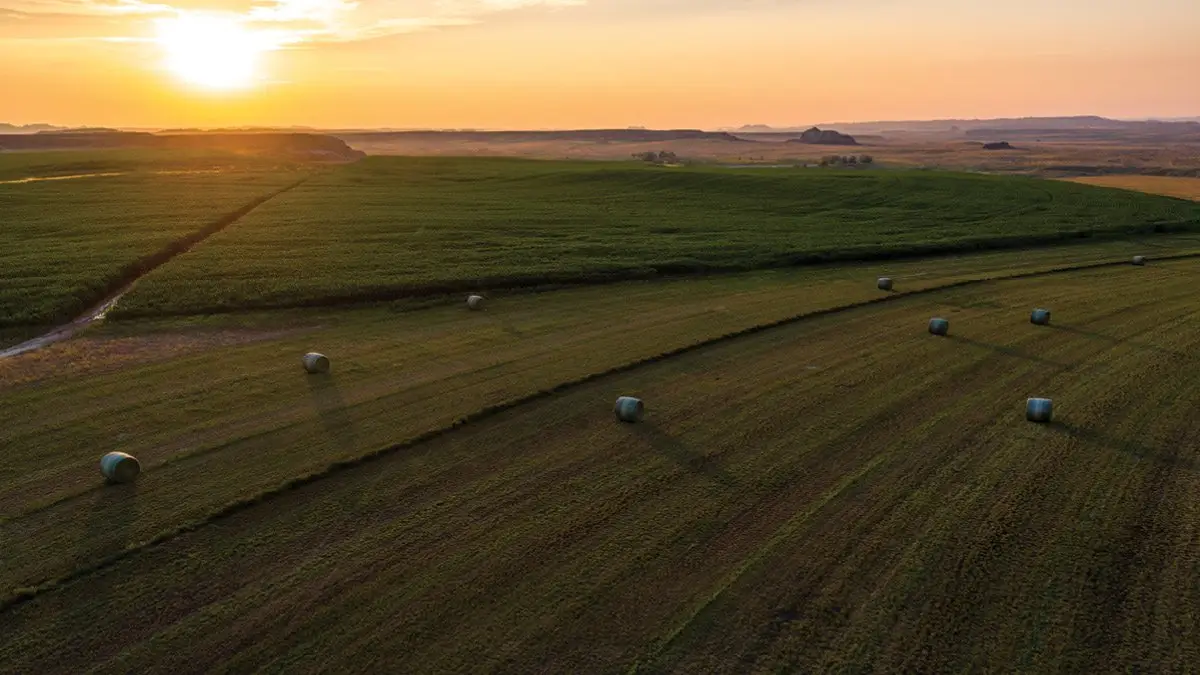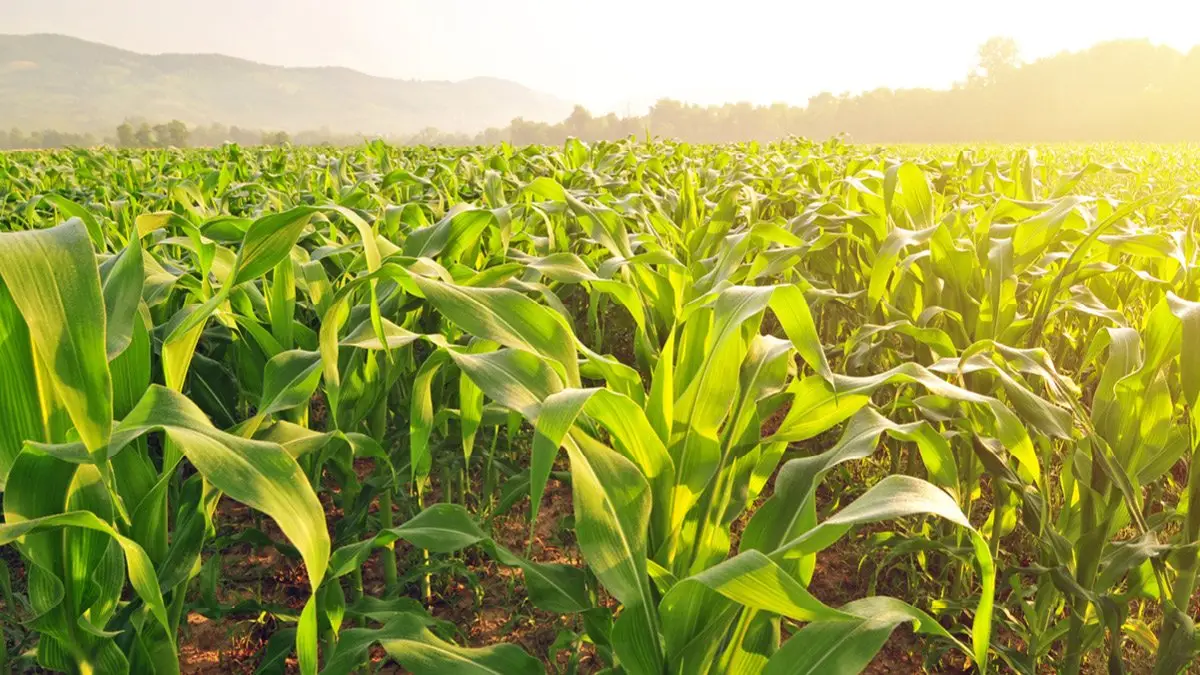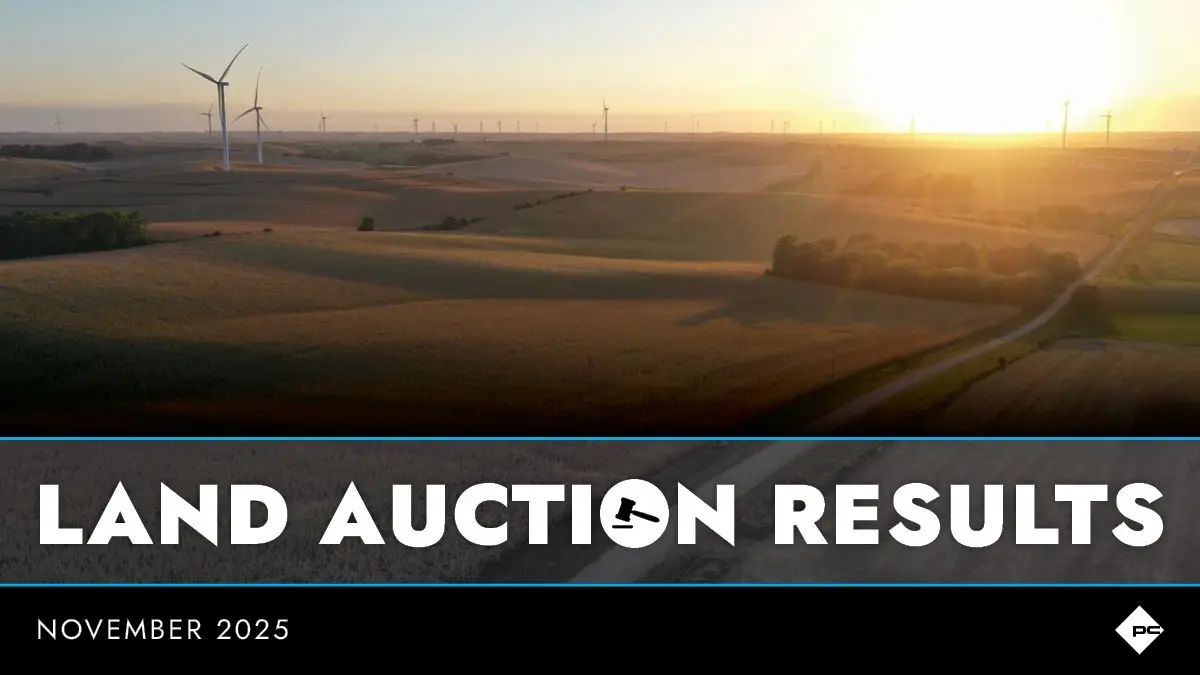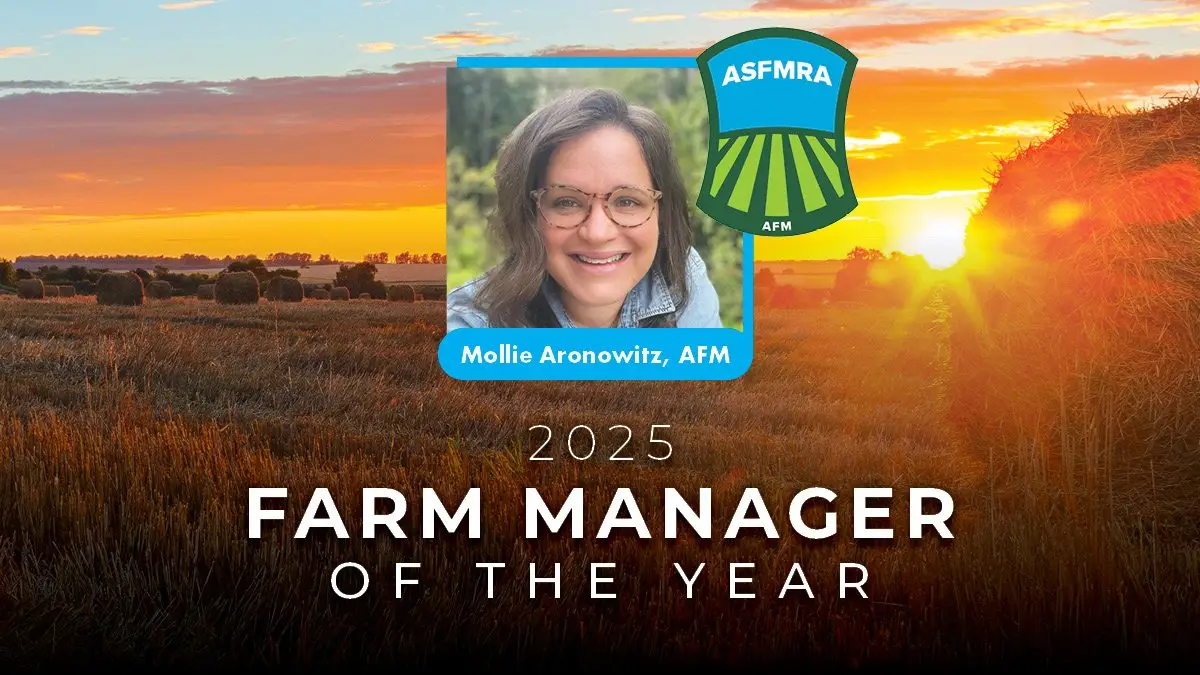For many clients, farmland ownership is a way of life and part of their identity. They see managing farmland as a lifelong responsibility to steward the land and then pass down to the next generation.
Peoples Company Land Managers often have the privilege to work with multiple generations. It is rewarding to see that sense of pride handed down with each taking a new perspective on carrying that landownership legacy. Our role in that transition can be multi-step:
- Peoples Company landowner reports provide annual overviews of the farm. They follow a consistent template where any report can be opened to find the most pertinent information clearly documented.
- Land managers schedule on-farm tours or take drone to capture images/video to share with out-of-state clients.
- Land managers introduce landowners to their tenants and serve as a bridge if there is an information gap.
In an ideal situation, the property is in good shape and all parties have positive working relationships when the land is passed down. Aspects of the farm are clearly communicated and documented so there is little heartburn in the transition.
But what about when the farm has not been properly managed? There can be several reasons for a farm to plateau even when all parties are well intentioned:
- The landowner is on a fixed income where planning for repair/improvement projects feels too risky or overwhelming.
- Life responsibilities or health restrictions pull the landowner’s attention elsewhere.
- The landowner and/or tenant don’t speak up when change may be needed for fear of rocking the boat.
- With ever-changing technology and agriculture innovations, the tenant has fallen out of step with current best management practices.
The next generation often comes in with new energy and a desire to personalize her/his ownership role and find meaning in the work. Friction can occur when a farm has experienced a plateau similar to a scenario listed above.
Even when all parties are well-intentioned, that friction may be unavoidable in a landowner transition. From the landowner’s perspective, a different connection to the local community could affect her/his priorities. There may also be a different sense of fiduciary responsibility (How will I measure ROI of improvement projects? Am I protecting long term productivity of the soil?). It is not uncommon for a landowner with an urban background to bring a different approach to environmental issues.
Communication between all parties is critical in navigating challenging transitions. This requires each party to understand her/his goals then clearly communicate those goals. And when those goals are shared, time and space must be provided to find that common ground.
This is often where the most productive and rewarding work occurs between a landowner and tenant. The landowner can learn more about her/his farm tenant who has had boots on the ground while the tenant finds new energy from the fresh perspective of the landowner.
What can be challenging for a landowner is when a clearly communicated window of time has been offered and an impasse is still reached. It is common for a Peoples Company Land Manager to receive a call from a landowner who is fed up with a tenant situation and is seeking our services to find a new tenant.
Sometimes it is best for everyone to discontinue the landowner-tenant partnership. But more often than not, Peoples Company Land Managers are able to save the business relationship by revisiting aspects of soil fertility, drainage, conservation and curb appeal to create a roadmap for improvement. Working in the agriculture industry as well as interacting daily with non-farming landowners offers us a unique perspective. We are able to see solutions that benefit both the landowner and tenant as well as facilitate more productive communication.
Landowners who are wanting to learn more about consulting or full management services can visit PeoplesCompany.com or email LandManagement@PeoplesCompany.com. Peoples Company Land Managers understand each farm business is different and we are available for short or long-term services to help landowners and tenants work together to maximize opportunity.







